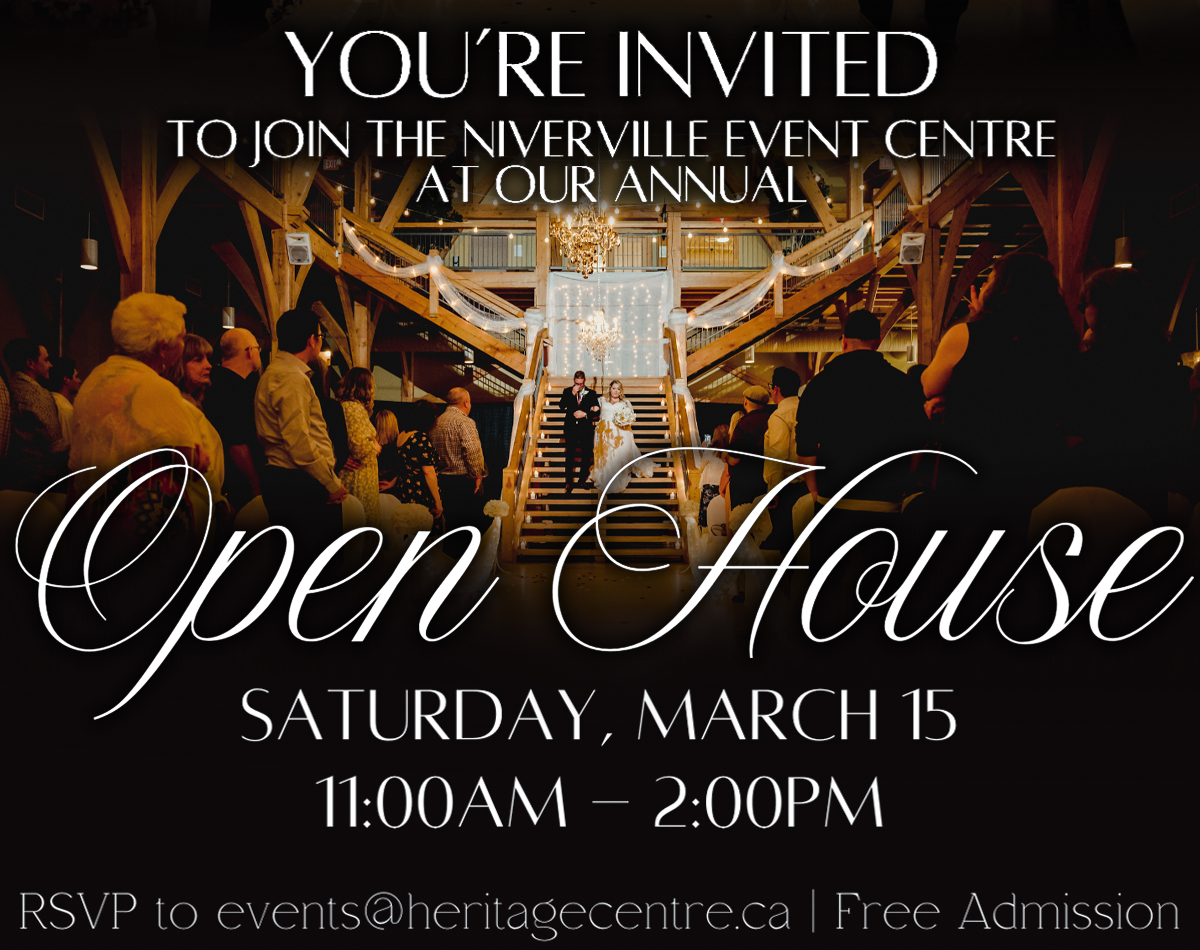
During this time of COVID-19, we’ve seen a broad range of responses to the quarantine, the economic crisis, and the uncertainty caused by the pandemic. In many cases, people have responded as those in the medical and scientific community have hoped: they quarantined, they social-distanced, they wore masks. And all of these interventions have helped to slow the spread of the virus. Especially in Manitoba, we’ve been very fortunate.
In other cases, unfortunately, we’ve seen the opposite: people have refused to socially distance, they’ve protested against the requirements to use masks, and they’ve even denied the existence of the virus itself while around the world intensive care units fill up and the death toll mounts.
These views have propagated and taken root in communities around the world thanks to social media. The internet, while clearly a force for education and progress, has simultaneously become a breeding ground for superstition, conspiracy, and anti-scientific idealism.
Anti-science rhetoric has become especially prominent over the last few years. YouTube in particular is home to a plethora of anti-scientific belief systems including anti-vax, flat earth, and now anti-mask or COVID-deniers.
These beliefs, and the lengths to which people go to try and make them intellectually palatable, can be humorous at first. However, while watching the experiments of flat-earthers as they try to disprove the earth’s curvature “fall flat” (apologies) is wildly entertaining for some, for those in the scientific community these trends are a source of deep alarm.
We have only to look at the current state of regions which have had anti-mask protests—and corresponding spikes in COVID-19 cases—to realize these are not harmless. They are a source of very real danger to public health.
The sudden increase in anti-science attitudes in our society leaves many asking: when did science become so unpopular?
This is an excellent question. As someone who tends to approach these issues from a psychological background, though, the question I would rather ask is this: what is it about science that makes it so hard for us to believe?
The truth is that the cards are stacked against us when it comes to science, because much of science is counterintuitive—meaning, it runs against common sense. More importantly, it goes against how our brains naturally process information and solve problems.
In the field of evolutionary psychology, researchers study how our brains have adapted over many generations to be the cunning machines they are. We’re fascinating creatures with exquisite minds that process information faster than we could ever believe. Just like a computer, these processes occur in the background, outside of our conscious awareness.
One of the ways our brains process information is through pattern recognition. If you’ve ever had the privilege of watching a hunter track their prey, you may have noticed how they seemed to be able to discern details about their target—weight, injuries, even biological sex—from almost invisible signs in the grass. When a sudden drop in temperature and air pressure occurs, we suddenly start packing up our picnic; it feels like rain. And who doesn’t like to watch mysteries on Netflix and feel that “Aha!” moment as we put the pieces together and figure out the identity of the killer?
These adaptations of the human brain don’t just help us solve mysteries, they have evolved in order to help keep us safe in an unsafe world—to see the tiger hiding in the bushes.
Unfortunately, these adaptations have resulted in brains that are vulnerable to two major problems.
The first problem is that we can have difficulty believing things that are counterintuitive, that don’t seem to fit within the patterns we expect to see in the world around us. This impacts our natural inclination towards believing things we learn through science, because that information doesn’t seem readily available in the world around us.
The second major problem these adaptations can cause is our vulnerability to perceiving patterns that aren’t there. In other words, we draw false conclusions based on the information we receive from the world around us.
Much scientific knowledge is difficult to master, requiring years of study and practice to gain an entry-level understanding. By contrast, conspiracy theories are relatively simple, and they rely on our brains’ abilities to recognize patterns that then take root and form beliefs.
Have you ever noticed that after you see airplane trails in the sky, you tend to catch a cold? Maybe this makes you think that these two things are related (the all-too-common chemtrail conspiracy). Did your child start acting differently after they were vaccinated? Maybe this makes you think the vaccine damaged them somehow (the enduring MMR-autism conspiracy). Didn’t the coronavirus scare start around the same time that those 5G towers were going up everywhere? Maybe you think those towers are causing the disease (the brand-new 5G conspiracy).
Our pattern-loving brains gravitate towards these beliefs, and it takes real effort—real, conscious thinking—to unpack them, judge them, and dismiss them.
Our brain’s unfortunate tendency to gravitate towards simple patterns is one of the reasons that science is so tremendously important.
Despite what you may have heard, science is not a body of knowledge; it is a method of verifying information. We use the methodology of science to arrive at increasingly accurate conclusions, weed out bad theories, and constantly assess what we think we know. It’s the reason that we have the lowest infant mortality rate in history, such a high quality of life, and the marvellous electronics that allow us to watch conspiracy videos claiming that Barack Obama was a lizard person.
The scientific method isn’t perfect, but for all its faults, it is the best method humanity has discovered for learning the truth about the world around us.
So especially during this global pandemic, don’t be afraid to listen to science. As astronomer Carl Sagan once put it, the scientific method is “democratic scepticism.” This means that anyone with enough knowledge and expertise can examine evidence, test a theory, and share their findings with the world. And when the people with that knowledge and expertise speak up, the rest of us should listen.



















